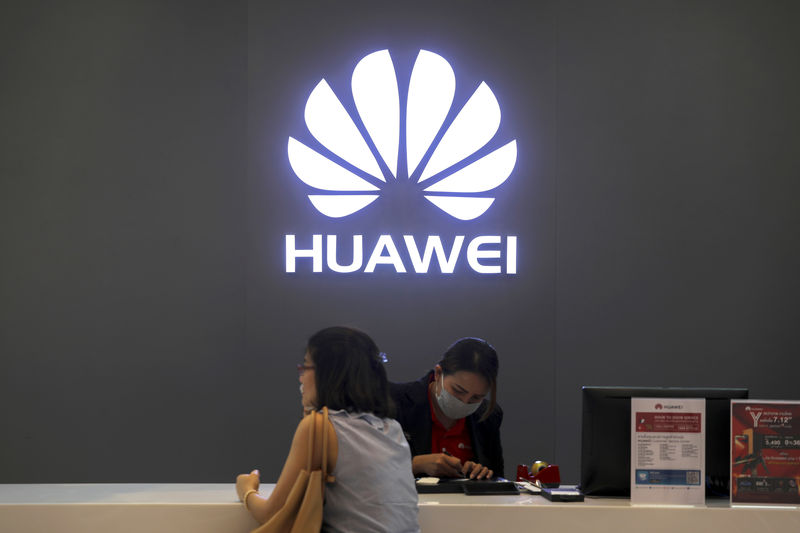(Bloomberg) -- Huawei Technologies Co. told a federal judge in Texas that Congress improperly decided, without any judicial review, that the company was a pawn of the Chinese government, depriving it of due process that other Chinese companies get.
The Chinese telecom giant sued in May to invalidate a law Congress passed last year barring government purchases of its products. Wednesday’s filing expands on earlier arguments made by the company and specifically calls out Congress’s use of section 889 of the National Defense Authorization Act for 2019.
“By marking Huawei and its employees as untrustworthy and disloyal to the United States, section 889 stigmatizes them, disrupts existing contracts, and chills purchases and use of uncovered Huawei equipment and services as well,” the company said.
U.S. politicians wrongfully singled out Huawei by finding it’s controlled by China’s Communist Party “and thus is supposedly their tool for carrying out cyberattacks and cyberespionage,” Huawei said. It called the law “so highly selective as to cast unique, punitive aspersions on Huawei.”
The litigation in Texas involves Huawei’s ability to sell equipment into the U.S. market and is separate from the U.S. government’s blacklisting of Huawei by not allowing it to buy components from American suppliers.
President Donald Trump in July announced that U.S. companies will be allowed to sell their equipment to Huawei when there are no national security concerns, thereby easing the blacklist restrictions the Commerce Department imposed in May.
Section 889 is a prohibition on certain telecommunications and video surveillance services or equipment.
The U.S. has been engaged in a global campaign to block Huawei from so-called 5G communications networks, calling the company a security threat. The Trump administration has alleged the Chinese government could use Huawei’s products to spy on countries that use them in their networks.
The case is Huawei Technologies USA Inc. v. U.S., 19-cv-00159, U.S. District Court, Eastern District of Texas (Sherman).
(Updates with details about the disputed U.S. law.)
